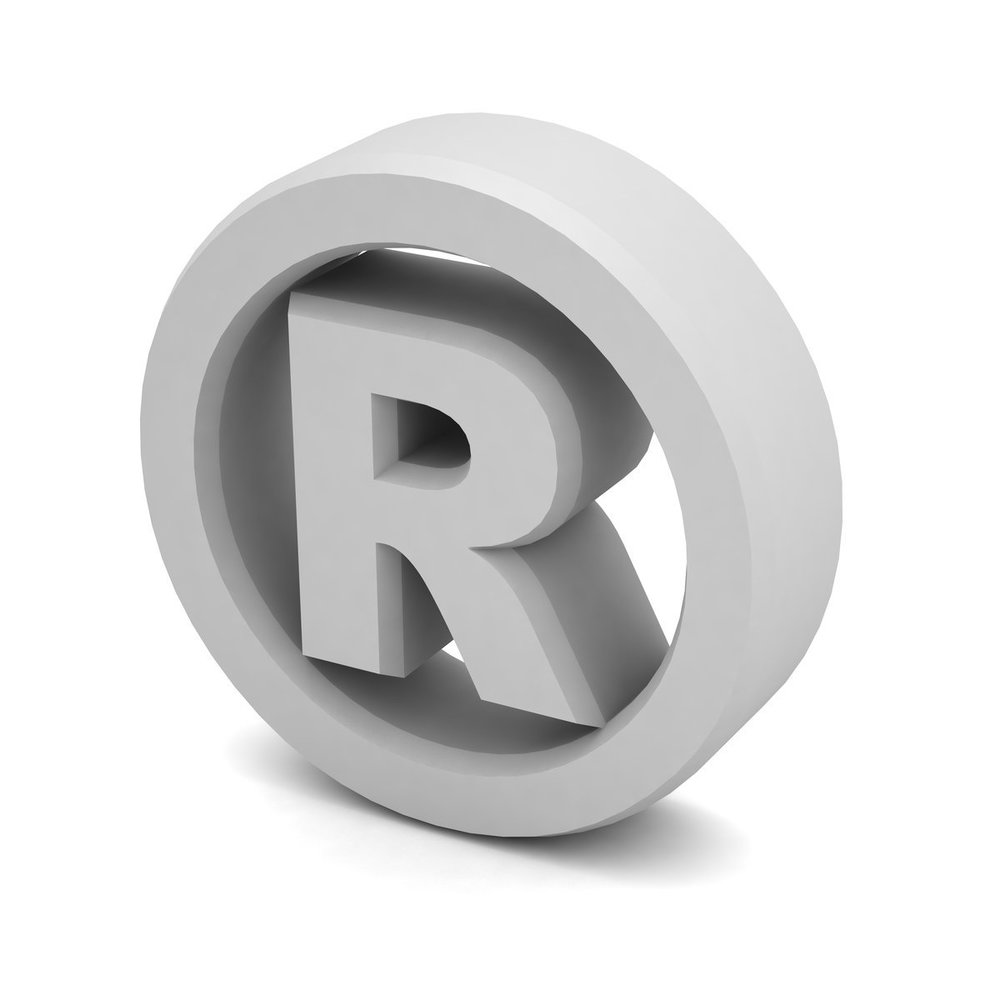Simply put, royalty-free music is music without copyright. A lot of content creators today are looking for music, from classical to modern music, to add to their personal blogs and vlogs. Ideally, they pay a one-time fee to obtain the legal rights to use the music in their projects, such as travel videos, documentaries, wedding videos, podcasts, video games, etc. There are a lot of misconceptions regarding music without copyright, and here we shall demystify three common myths.

Myth 1: Royalty-Free Music is Free
Royalty-free music doesn’t mean it is cost-free. A royalty-free license gives a content creator the right to utilize music without paying royalties for subsequent use. So, there is no need to negotiate the licensing fees charged by performance rights organizations. For instance, if you have a YouTube channel that talks about electronic music, you would pay a one-time price at a royalty free music site to upload a music video that can be played over and over by your subscribers and for as long as it stays online. Sure, some people can offer free music in exchange for some credits whether or not the music is royalty-free.
Myth2: Royalty-Free Music is the Same as Copyright-Free Music
There is no copyright-free music on earth because every musician composes a masterpiece for which they own the copyrights. While famous composers can give away the music to anyone free of charge, it doesn’t make the music copyright-free. The composer remains the copyright owner.
Myth 3: Royalty-Free Music is Stock Music
Most royalty-free is found at Stock Music Library, but this does not make it stock music. The Stock Music Library offers a wide range of styles from blues, jazz, pop, etc. This content is ready for licensing and is being provided on royalty-free grounds.
Looking for an economical way to add quality music to your website? Then royalty-free music is the way to go.
